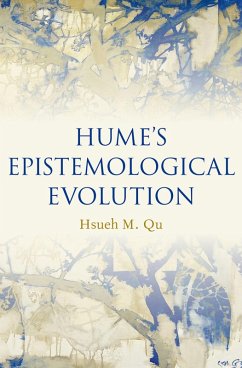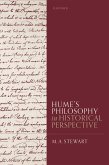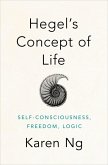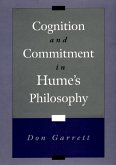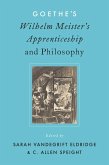A central concern in Hume scholarship is that of the relationship between Hume's early
Treatise of Human Nature and his later
Enquiry Concerning Human Understanding. Is the
Enquiry merely a simplified restatement of the contents of Book 1 of the
Treatise, or do the two substantially differ? Another vital issue is as follows: how can we reconcile Hume's seemingly destructive skepticism with his constructive, naturalistic program for a science of human nature? Hsueh M. Qu provides here a new interpretation of Hume's epistemology, addressing these perennial and central questions of Hume scholarship, and showing them as intimately related. He argues that the
Enquiry indeed differs from the
Treatise because Hume changes his response to skepticism between the two works. With this understanding, Qu clarifies a host of enduring questions about the works. Because the
Treatise has as its primary focus the psychological naturalistic project, its treatment of epistemological issues is helter-skelter, arising unsystematically from the results of the central psychological investigation. Consequently, Hume finds himself forced into a response to skepticism founded on the Title Principle. However, this response is deeply problematic, as Hume himself seems to recognize. In contrast to the
Treatise, the
Enquiry emphasizes the epistemological aspects of Hume's project, and offers a radically different and more sophisticated epistemology that takes the form of an internalist reliabilism.
Hume's Epistemological Evolution establishes the
Enquiry as far more than a watered-down version of the
Treatise, and as a worthy object of philosophical study in its own right. Qu offers a broader, master narrative encompassing both the
Treatise and the
Enquiry that stakes out a narrative of evolution across the two works--a narrative that explains some of the most central interpretive questions in Hume scholarship.
Dieser Download kann aus rechtlichen Gründen nur mit Rechnungsadresse in A, B, BG, CY, CZ, D, DK, EW, E, FIN, F, GR, HR, H, IRL, I, LT, L, LR, M, NL, PL, P, R, S, SLO, SK ausgeliefert werden.

